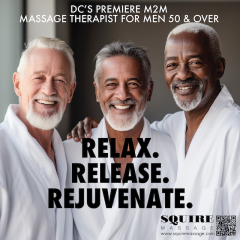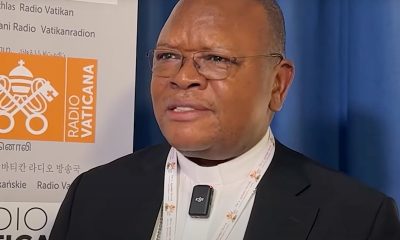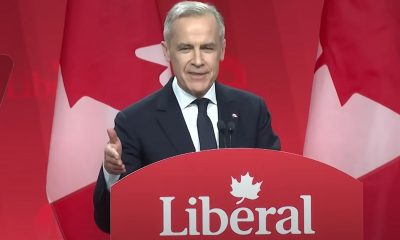Luxury M2M Massage
Self-care is not selfish, it’s essential. Treat yourself to a massage today. Let go and experience a luxurious and therapeutic M2M massage designed specifically for men 50 and over. Squire Massage helps relieve tension and improve mobility. Come in feeling tense, and leave happy and completely refreshed. Book now!
http://www.SquireMassage.com

Opinions
PDAB: A mysterious acronym that could affect your health
We must make medications affordable without sacrificing access
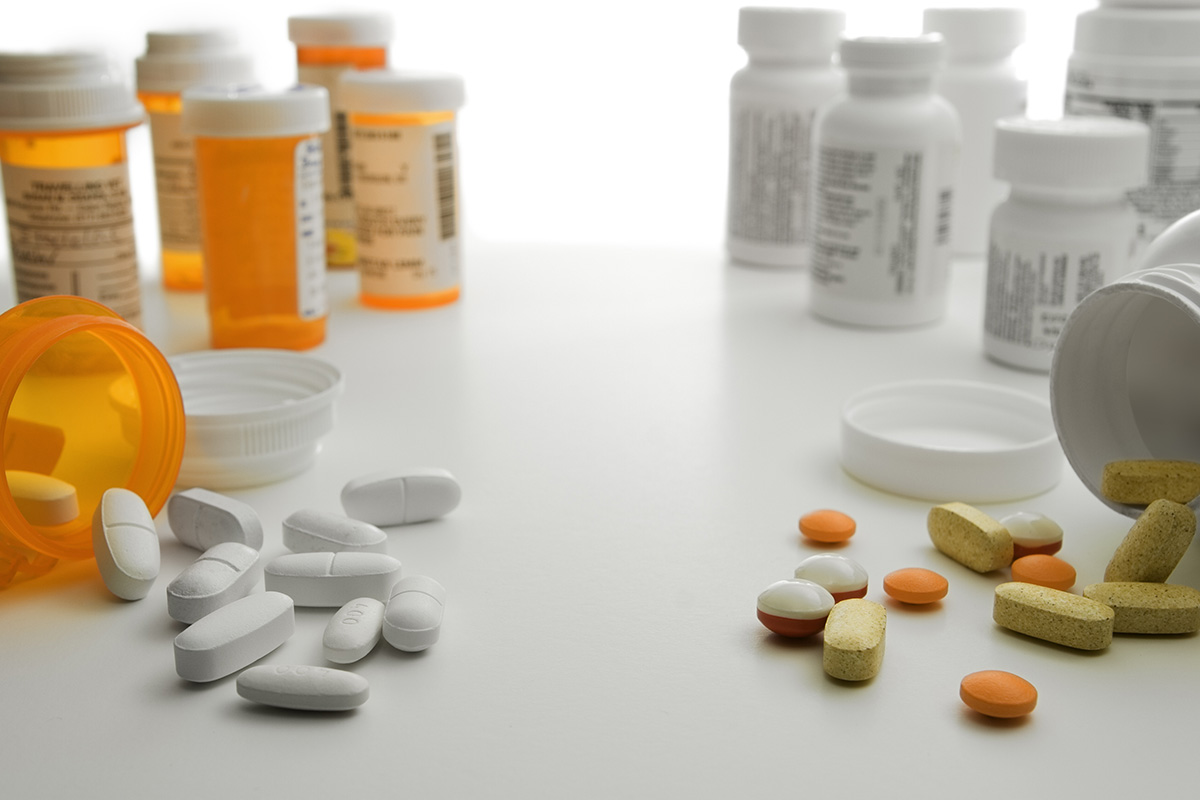
As the executive directors of LGBTQ+ advocacy orgs in nearby states, we share an unshakeable commitment to the wellbeing of our communities. This commitment drives us and our organizations to advocate for health care affordability and accessibility, whether for gender-affirming health care and HIV treatment, or simple prevention measures and non-discrimination. And, it is why we oppose giving unaccountable advisory boards the power to set prices, and therefore threaten access, to critical, life-saving drugs such as HIV treatment medication.
The LGBTQ+ community loves acronyms, but there’s one that we wish more people knew about: PDAB. A Prescription Drug Affordability Board is an appointed board that reviews the cost of some prescription drugs and determines if they are affordable. While this sounds good, the reality is that these boards may actually limit access to some important drugs, or even cause new affordability problems for patients. Plus, they have done little to consider patient or community input or demonstrate true accountability to the communities affected by their decisions – like our friends and family members living with HIV.
Our organizations continue to raise concerns about PDABs and their expansion because of our serious concerns about their potential impact on LGBTQ+ people and people living with HIV and other chronic conditions. In fact, Virginia’s governor recently vetoed a bill that would have created a prescription drug affordability board. In his veto statement, Gov. Youngkin said: “This legislation risks limiting patient access to essential medication by prioritizing costs over medical necessity. Affordability of prescription drugs is a critical issue, but this proposal would instead compromise patient welfare in the Commonwealth of Virginia.”
Maryland’s PDAB was created in 2019 and has yet to bring down costs, even for those in the state health plans. FreeState Justice advocated against expanding the board’s scope to potentially set “upper payment limits” or UPLs for drugs purchased by state and local government health plans. UPLs can easily backfire and decrease access for many patients. We are particularly concerned about the potential unintended consequences of actions by these boards.
Because LGBTQ+ communities are disproportionately affected by HIV, our organizations advocate for the rights, equality, and well-being of people living with HIV. Thanks to significant advancements in science and treatment, HIV is now a manageable chronic illness. But only if we maintain access to the medications that people living with HIV rely on.
Beyond HIV, LGBTQ+ people experience higher needs for health care and steeper barriers to access than other populations. Almost half, or 47 percent, of LGBTQ+ people have a medical condition that requires monitoring or medication. And, LGBTQ+ people are more likely to delay or go without care due to cost issues. That is why PDABs, and in particular, upper payment limits, could exacerbate health disparities for the LGBTQ+ community.
In the handful of states with PDABs, these boards have made decisions that impact patients living with chronic conditions, including HIV– often without considering comments from advocates, patients and providers, or the programs that support patients in accessing and affording these treatments.
Programs like the AIDS Drug Assistance Program and other supports help make the cost of HIV treatments affordable for patients. These programs were hard-won by advocates, who for years have held fast to the mantra: nothing about us, without us. This principle of HIV advocacy is directly opposite of what PDABs do: empower an appointed board of experts to make decisions about the affordability of HIV medications without any input from people living with HIV.
In February, the Oregon PDAB heard many stakeholder comments on the importance of preserving access to HIV treatment. Advocates explained how drug assistance programs work and why patients need access to as many treatment options as possible. Despite this strong testimony, the board chose to review an HIV medication, Odesfey, against community recommendations.
Today many communities including people living with HIV are concerned and fearful about the serious impacts of federal funding cuts to health care. State PDABs are a costly tool, and they have not produced the savings they promised. This is a moment to preserve access and stabilize the system, and avoid any changes that could jeopardize the care people need.
There’s so much at stake for our communities when it comes to access to health care. We do need to address the high cost of prescription drugs, but there are better ways to do it that earnestly incorporate community input and take a more comprehensive look at the complex health care system. Our organizations are ready to bring LGBTQ+ people and people living with HIV into the discussion. By bringing patients, healthcare providers, and policymakers to the same table, we can come up with better solutions that truly make medications affordable without sacrificing access. Our north star is clear: a healthcare system that listens to all voices and makes sure everyone gets the care we need to thrive.
Phillip Westry is executive director of FreeState Justice in Maryland and Narissa Rahaman is executive director of Equality Virginia.
Advice
I make more money than my partner and getting resentful
She’s taking advantage of a joint credit card
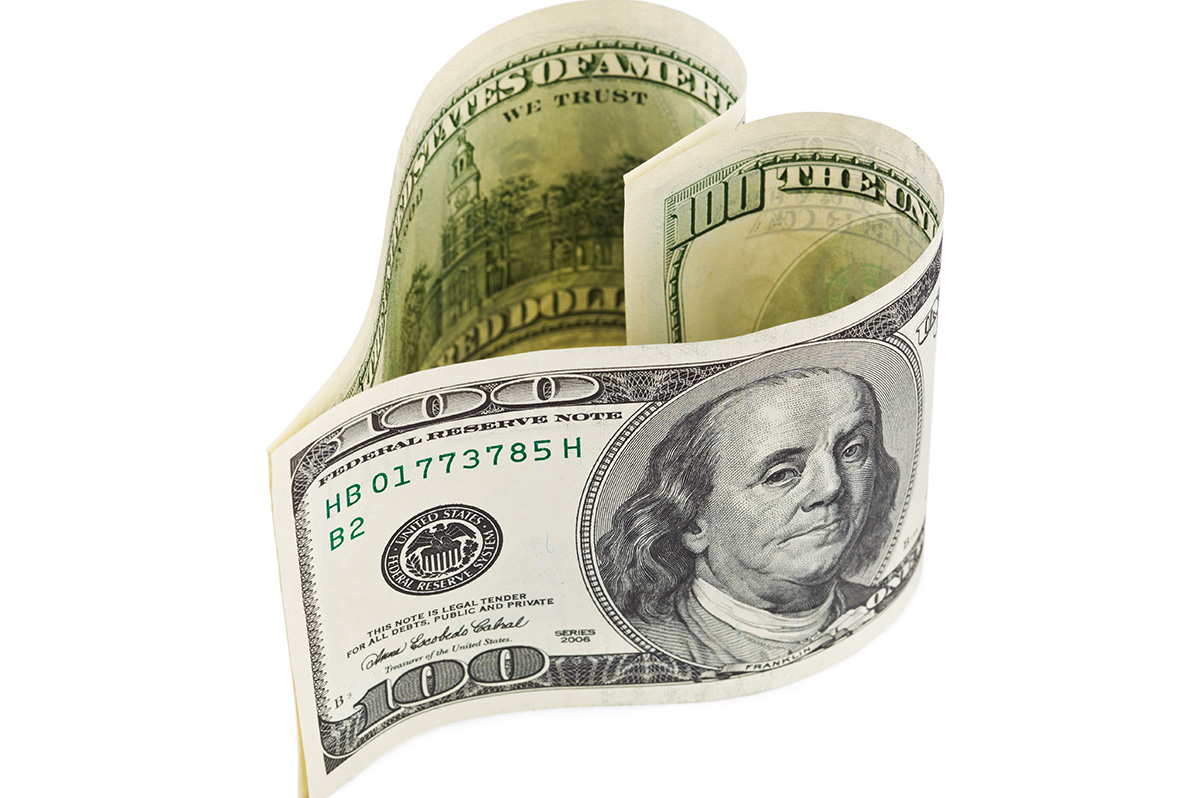
Hi Michael,
I make a fair amount more money than my girlfriend does and I’m happy to contribute more to our life (we are both in our 20s and living together).
But Meg doesn’t seem to care how much money she spends and then asks me to front her when she’s running low. She seldom pays me back.
Last week she had a big night on the town with her best friend (formerly her girlfriend) for the friend’s 30th birthday. She hired a limo and spent a lot on drinks and dinner. She put the entire night on our joint card which we are only supposed to use for shared household expenses, because she had maxed out her own card. Of course I will wind up paying for it. (And I am slightly jealous. Why am I paying for her evening out with her former GF?)
I pay for all sorts of stuff all the time because her credit card gets too big for her budget.
And somehow I almost never end up getting her share of the rent, which is already prorated according to our incomes.
She always tells me she’ll pay me back but her tab pretty much just keeps getting bigger.
If I bring this up with her, she tells me I am cheap because I make a lot and we’re a couple; and if she made more, she’d have no problem sharing everything with me.
Am I just being ungenerous? I don’t know. Sometimes I think she’s an ingrate, but then I think if you’re in love, you shouldn’t be thinking of money, just taking care of the person you love.
Also, although I make more than she does, I’m by no means rich. I have my own student loans, and paying for the bulk of our lifestyle stretches me thin some months.
Michael replies:
For starters: Most couples must contend with some version of your struggle with Meg, because most couples have some income disparity.
Do you maintain a lifestyle that both of you can afford? That works for some relationships where the lower earner may not want to feel indebted to the partner who makes more. Other couples work out a system where they pay for expenses in proportion to their income. And in some instances, the higher earner may have a “what’s mine is yours” philosophy and the lower earner is OK with that.
What matters is that both partners come to a mutual agreement and are comfortable with the arrangement. In other words, they collaborate.
That’s not the case with you and Meg. You sound resentful, angry, and feeling like Meg is taking advantage of you.
It’s great to be generous in your relationship, but it’s also important to have a boundary when you think it’s important to have a boundary. Yet you’re continuing to subsidize Meg even when you have trouble making your own ends meet.
Important question: Have you told Meg that you’re stretched thin some months? If not, I’d be curious as to how you’ve made that decision. If so, I’d be curious as to Meg’s response.
If you don’t want to keep serving as Meg’s piggy bank, what is stopping you?
There’s a great saying in psychotherapy: If it’s hysterical, it’s historical. Meaning, our “big” actions and reactions have their roots in our history.
Think about your life history: How does it make sense that you are acting like a powerless victim?
Is not having a boundary an old and familiar dynamic for you? Were there important players in your life—for example, your parents—who insisted it was their way or the highway? Or perhaps you learned as a kid that if you ever said “no” to your friends, there’d be negative consequences?
Now ask yourself what might be keeping you stuck in a relationship of resentment. Are you re-creating an old and familiar dynamic? Sometimes we keep putting ourselves in the same miserable situation, over and over again. What’s familiar can be comfortable, even if it’s miserable; and we may be trying to get some understanding of the dynamic and some power over it, to finally get it right.
I’m just speculating here, to encourage you to think for yourself why you are staying in the dynamic you describe. You haven’t mentioned anything positive about your relationship, or about Meg.
Another possibility: I wonder if you might be so fearful of being alone that you’re willing to tolerate all sorts of treatment in order to stay in your relationship. Or perhaps you don’t think you deserve to be treated any better than this.
Again, if this is the case, where might this belief be coming from? Understanding why we are stuck in behaviors that keep us miserable can help us to get unstuck.
You have an opportunity to do something different here: Set a boundary and take power over your life. Perhaps if you did so, Meg would surprise you by shifting her stance, which would be good news if you have some good reasons to stay. Or perhaps she would not. Your challenge now is to get some sense of what’s holding you back, if you want something different for yourself. And unless you act on your own behalf, you will stay in this position.
One more point to consider, regarding Meg’s dinner date with her ex: Whether or not anything is going on, I take your jealousy as a sign that you don’t trust Meg. And without trust, you can’t have a decent relationship.
Michael Radkowsky, Psy.D. is a licensed psychologist who works with couples and individuals in D.C. He can be found online at michaelradkowsky.com. All identifying information has been changed for reasons of confidentiality. Have a question? Send it to [email protected].
World Pride 2025
D.C. liquor board extends drinking hours for WorldPride
Gay bars, other liquor-serving establishments can stay open 24 hours

D.C.’s Alcoholic Beverage and Cannabis Board, which regulates liquor sales for the city’s bars, restaurants, nightclubs, and other establishments licensed to serve alcoholic beverages, has approved extended hours for alcohol service and sales during the days when most WorldPride events will be held in the nation’s capital.
In a May 2 announcement, the Alcoholic Beverage and Cannabis Administration, which works with the board, said the extended liquor serving and sales hours for WorldPride will take place beginning Friday, May 30, through 4 a.m. Monday, June 9.
Although the official schedule for WorldPride events shows the events will take place May 17-June 8, most of the large events, including a two-day Pride street festival, parade, and concert, were expected to take place between May 30 and June 8.
According to the ABCA announcement and an ABCA spokesperson, liquor servicing establishments with the appropriate license can stay open for 24 hours and serve alcoholic beverages from 6 a.m. through the day and evening until 4 a.m., with no liquor sales allowed from 4 a.m. to 6 a.m. during the May 30-June 9 period.
The ABCA announcement says liquor serving establishments must apply for the extended hours option and pay a $100 registration fee by a deadline on May 27.
Sources familiar with the liquor board have said the board has for many years approved the extension of liquor serving and sales hours for important events and for certain holidays such as New Year’s Eve.
At the time it approved the extended hours for WorldPride the liquor board also approved extended hours during the time when games for a World Cup soccer tournament will be held in the city on June 18, June 22, and June 26.
It couldn’t immediately be determined how many of D.C.’s 22 LGBTQ bars plan to apply for the extended drinking hours. David Perruzza, owner of the Adams Morgan gay bar Pitchers and its adjoining lesbian bar A League of Her Own, said he will apply for the 4 a.m. extended hours option but he does not intend to keep the two bars open for the full 23 hours.
Under the city’s current alcoholic beverage regulations, licensed liquor serving establishments may serve alcoholic beverages until 2 a.m. on weekdays and 3 a.m. on weekends.
